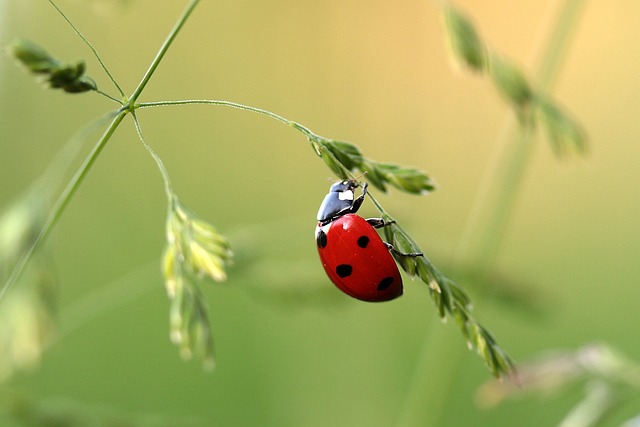 Imagine a world in which the entire insect population was simply gone.
Imagine a world in which the entire insect population was simply gone.
According to a recent global review of scientific studies called Biological Conservation, 40% of insect species are at risk of becoming extinct in the next few decades.
In fact, 80% of the total population mass of insects has already disappeared in the past 30 years.
The study urges communities to work together on habitat restoration, decrease the use of agricultural chemicals, and redesign the agriculture system to be more hospitable for native insects.
Why Are Insects Important?
The extinction of insect populations puts the entire agricultural system at risk. Not only do insects pollinate plants, but they also purify soil and water, recycle waste, and help with pest control.
We also obtain many products from insects. A world without insects means a world without things like honey, wax, lacquer, and silk. Insects are a major source of nutrition in many nations, as they provide protein, vitamins, and other nutrients.
Insects are an essential part of the base of food webs in many ecosystems. A food web is a sequence of organisms, ordered by the flow of energy as one organism consumes another.
If the base of these food webs dies off, then organisms higher up in the food web, like birds, reptiles, and fish, are at risk to become extinct as well.
Certain insects, like butterflies, also act as indicator species for environmental health. Since they react to any minor changes in the environment, they can tell us about the health of an ecosystem and warn us before species become extinct. Therefore, the alarming decline of 53% of populations of butterflies and moths implies a larger environmental issue.
Why Are Insect Populations Declining?
 While scientists predict that we are facing the largest insect extinction in 250 million years, there is still much data to be collected.
While scientists predict that we are facing the largest insect extinction in 250 million years, there is still much data to be collected.
Little data has been collected in tropical areas of high biodiversity, where the impact is likely even more drastic as most species are specialists meaning that even slight environmental change puts them at risk.
However, the data does show that the extinction event is impacting both generalist and specialist insect species. Generalist species are species that are able to endure a wide variety of environmental conditions, while specialists exist in a very specific set of environmental conditions.
The study outlines the four most probable causes of insect loss. These include habitat loss due to deforestation and human development; pollution from pesticides, fertilizers, and industrial wastes; parasites and pathogens; and climate change. Ultimately, scientists concluded that this extinction event is a result of human involvement.
In the meantime, there are small things that you can do to take action. Next time you go shopping for groceries, try buying produce from local vendors that use sustainable agricultural practices, such as natural pesticides. With a collective effort, insects can be saved.
Sources: Al Jazeera, Vox, The Guardian









